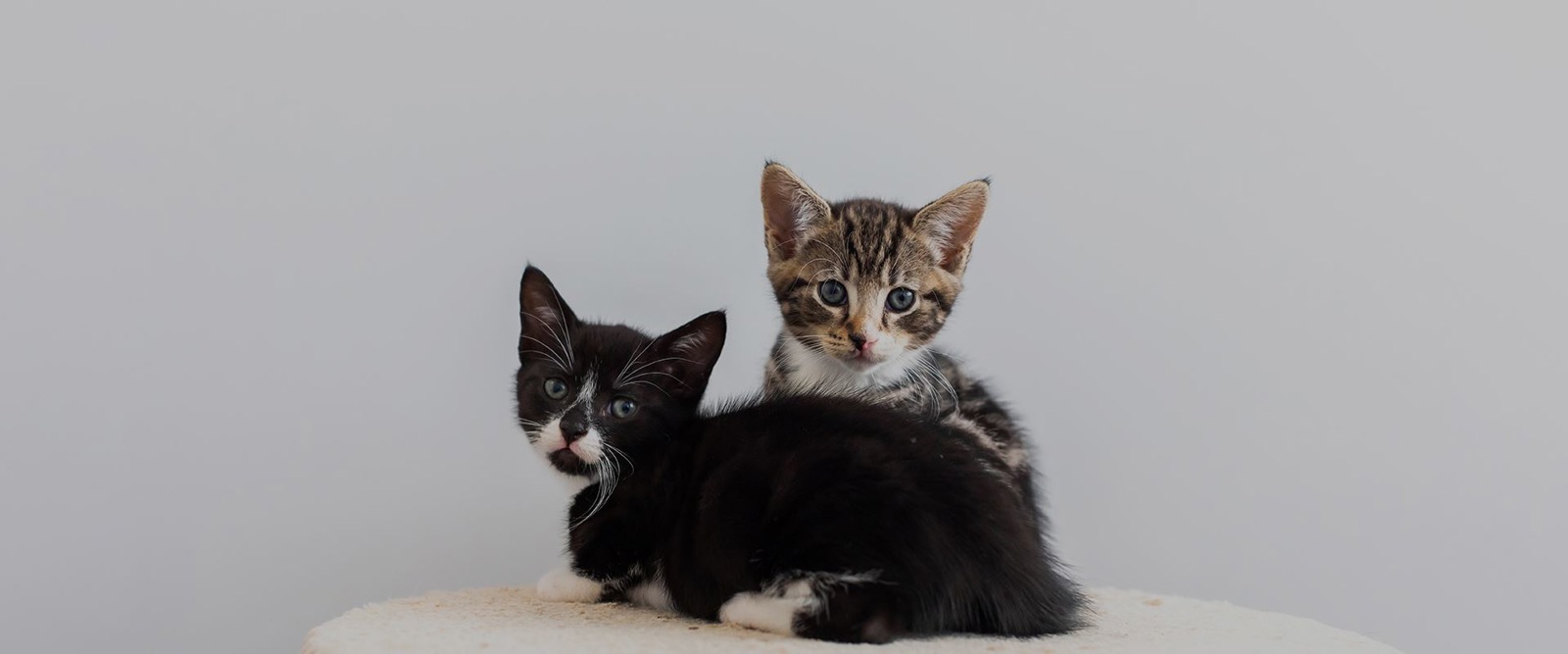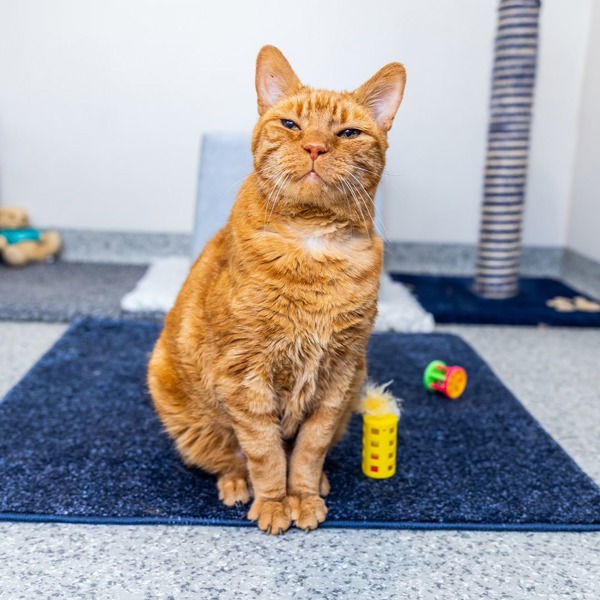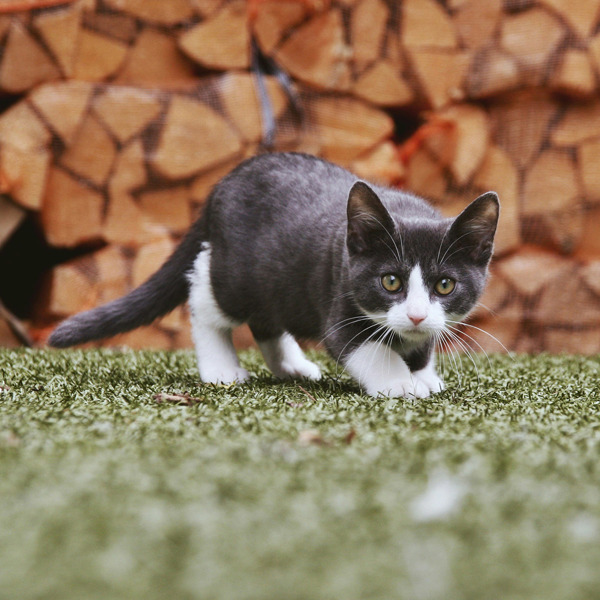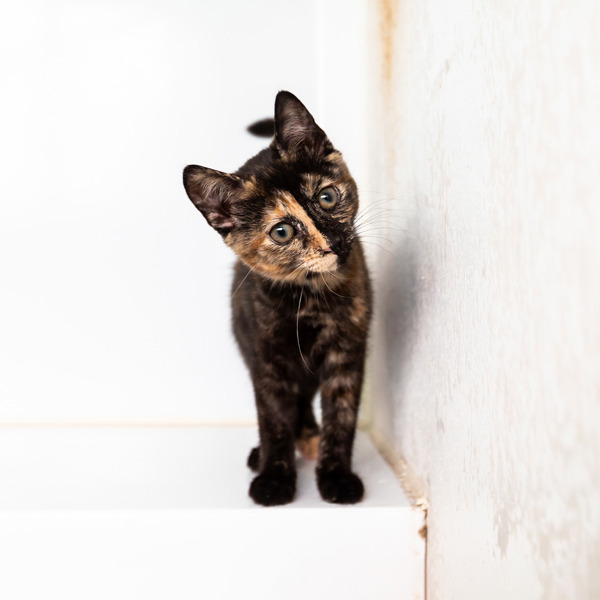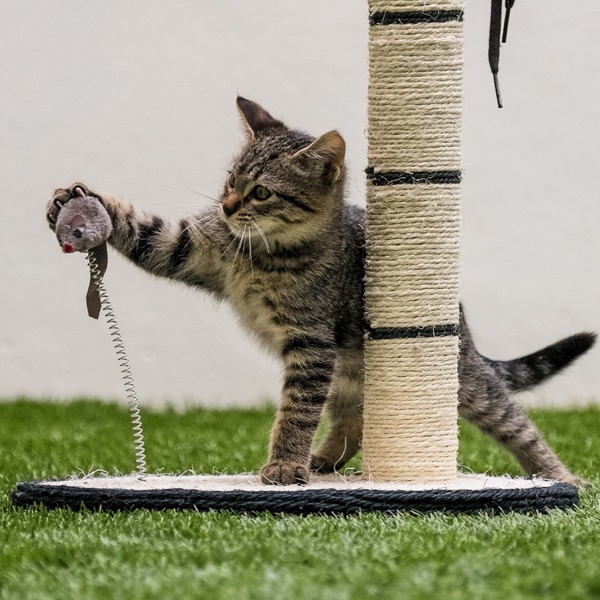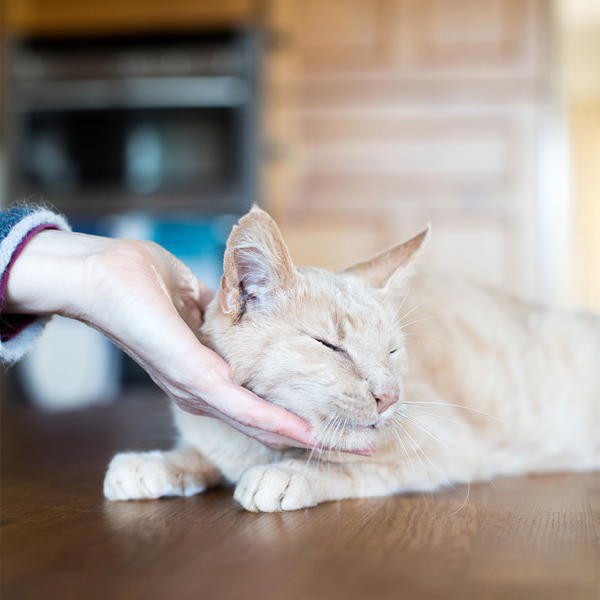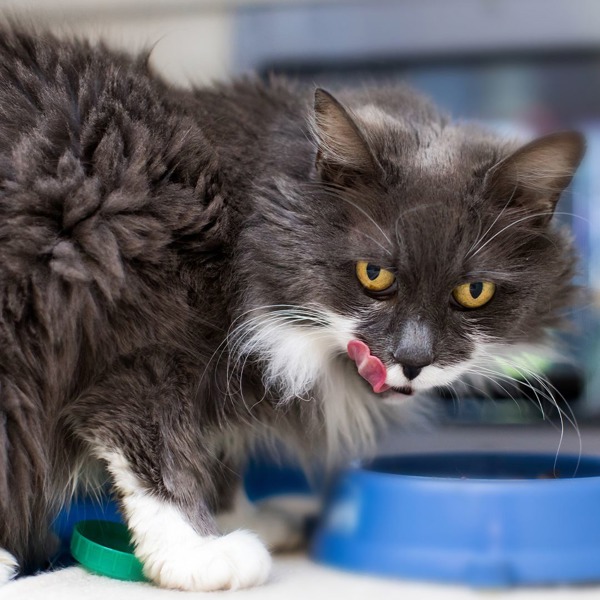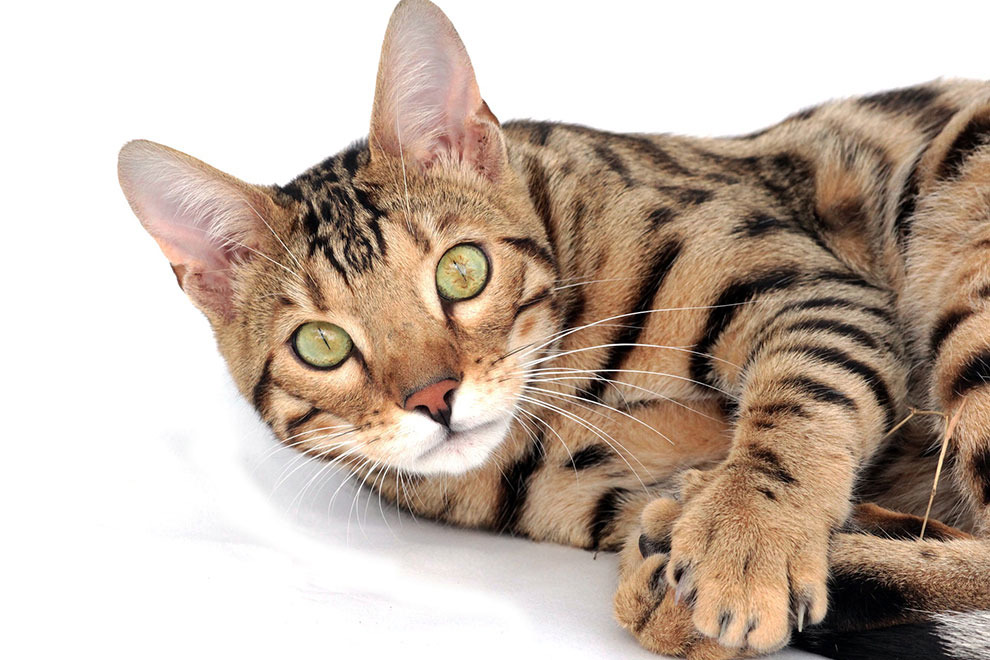Welcome to Cats Protection Teignbridge & Torbay Branch
We're here to support cats and kittens in Teignbridge & Torbay, covering postcodes: TQ1, TQ2, TQ3, TQ4, TQ5, TQ6, TQ7, TQ8, TQ9, TQ10, TQ11, TQ12, TQ13, TQ14, EX6, EX7.
Run by a small team of dedicated, cat-loving volunteers, we're passionate about improving the lives of cats and kittens in Teignbridge & Torbay, working to find loving new homes for local cats in our care, and lost and found cats, as well as general education and awareness within the Teignbridge & Torbay area. You can find out more about the work of Cats Protection here.

